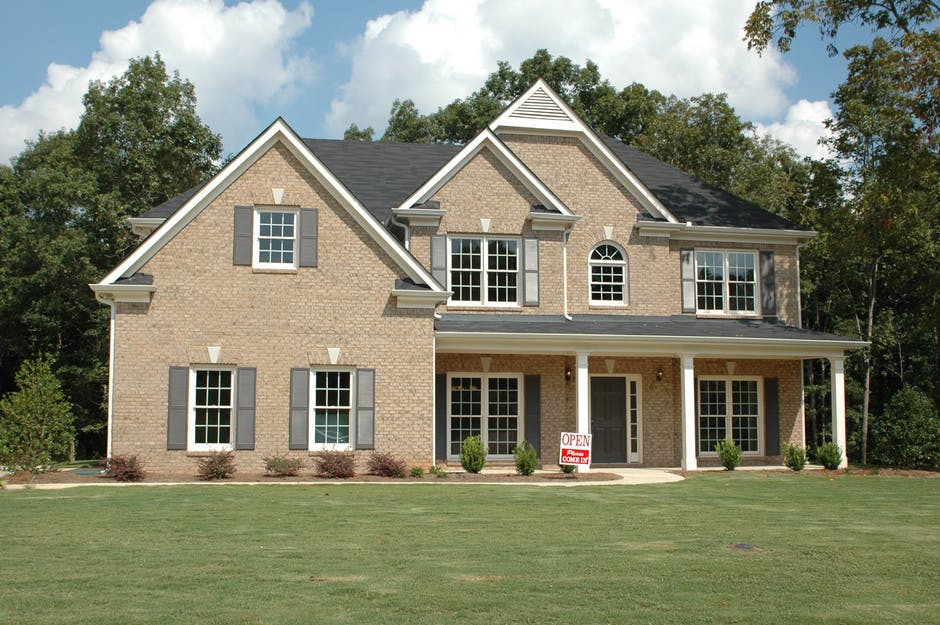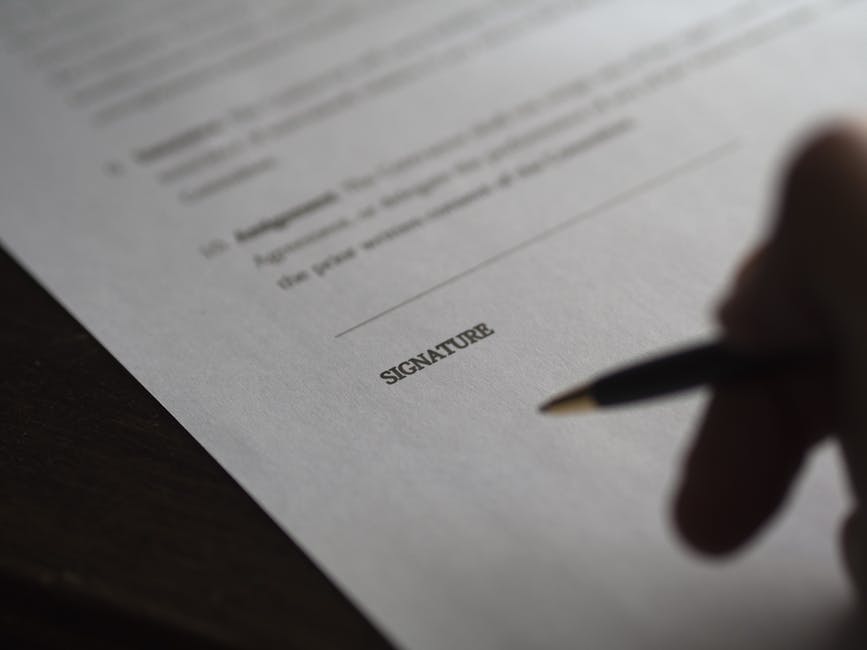There are a whole range of things to consider when buying a second home, whether it’s for you to use or for you to let out to tenants as an investment. Deciding if you should buy to let is a difficult decision, especially as markets change so frequently. If you do decide to make the investment, follow our guide on things to consider.
Stamp Duty Land Tax
Stamp Duty Land Tax is a tax paid by home buyers when they purchase new property or land. There is no tax on properties worth less than £125,000, but £7,500 tax on properties worth £350,000, and £43,750 on a property worth £1 million.
As of April 2016, a Stamp Duty surcharge of 3% has been put on second homes worth less than £125,000. Properties worth between £125,000-25,000 have a 5% rate (increased from 2%), and those worth over £1.5million have a 15% stamp duty (previously 12%).
This has all had great implications for the buy-to-let sector, and you must consider if it is the right decision for you. If you are unsure what stamp duty land tax would be applied to your property, the government offer a stamp duty calculator on their page.
Remember you’ll be a landlord
Being a landlord is undoubtedly a commitment that does put some buyers off. Make sure to consider the pros and cons of being a landlord before you commit.
Managing a property and tenants does require time and energy. Your relationship and the help you can give your tenants will be far better if you are on hand. This way you can see to their needs and any repairs as and when required. You could consider hiring a property manager if you don’t have the time, or if you don’t live close to the property. Be aware that this will reduce your profit.
Consider different property types
When considering what second home to buy, you should also calculate its long term value. It might be worth considering renting out part of your existing home instead of buying a new property.
If you would prefer investing in a separate property, perhaps consider choosing a property you can rent out that will also be suitable for you to use eventually. For example, you might consider investing in a house or apartment in a community that you might want to use for your retirement. Alternatively, you may choose an apartment in an area your children are studying to give them an alternative to student housing and allowing you to make an investment. You might also consider a home in a popular tourist destination that you can rent out but also use yourselves.
Do you research
The importance of good research when choosing a second home, cannot be overstated. You should be conducting the same level of research you would if you were looking to buy your first home. It is a big investment so it is vitally important you are making the most informed decision you can. You should also be checking that a buy-to-let is the best investment you can make and always investigate if your money would be better invested elsewhere.
If you do choose buy-to-rent, make sure you are aware of market specifics as well as zoning laws in the area you are considering. Try to choose a property that is timeless and will have lasting value, making your investment long term.
You should also conduct research on rent prices in the area for similar properties. Keep in mind that if your tenants are paying under what would be expected, they are likely to be less demanding of their landlord, but if they are paying over they may expect more from you.
Choosing the right area
A lot of people looking to buy a second home, first look in the area they currently live. This is because they know the area and market and they will be on hand as a landlord. If you choose to invest in your area, think about where in the town is special. Consider the schools, transport and recreational activates available, and determine the demand before making a purchase.
Consider your target tenant
While trying to find a promising area for your investment, it is essential that you are considering who your target tenant is. A good area is crucial, but no area will be able to meet everyone’s needs. You will struggle to find a property that is suitable for students, young families and the elderly. If your target tenant is too vague, you aren’t likely to meet anyone’s specific requirements. Put yourself in their shoes and consider exactly what your target tenants require.
You should also consider if you want to leave the property unfurnished. Again, when deciding, you should be considering your target tenant. Students will most likely require a furnished property, while a young family will want a blank canvas, allowing them to put their mark on the property. Bear in mind, if the tenant furnished the house themselves they are also more likely to stay longer.
It is also possible to take out insurance against your tenants in case they fail to pay the rent. This can cost as little as £50 or can be bought as part of a wider plan, and will give you peace of mind and reassurance.
Find the best mortgage
Once you have invested in a property, it is essential to find the right mortgage. Always shop around and compare what different companies can offer you. You need to find the right deal for your property. You may choose to speak to an independent broker who you trust to give you advice.
It is important you still do your own research before meeting them so you can get the most out of your session with them. They can tell you which deals are available and guide you. However, ultimately they will allow you to make the final decision.
Take out the right insurance
It is important to speak to a professional to ensure you take out the necessary insurance for your property and your tenants. Always shop around to see exactly what different insurance companies can offer you. An insurance company such as Call Wiser will work with you to find you the right insurance to suit your needs, and offer you second home insurance, which is essential for any property that is left empty for more than 30 days at a time. They can offer additional cover for any damage or injuries caused to members of the public by your property, as well as emergency cover.
Such companies also provide landlord insurance, protecting those who rent to the public. This will protect your building and its contents, and they can also provide loss of rent insurance.
There you have it – everything you need to consider when investing in a second home. Good luck!







Leave a Reply